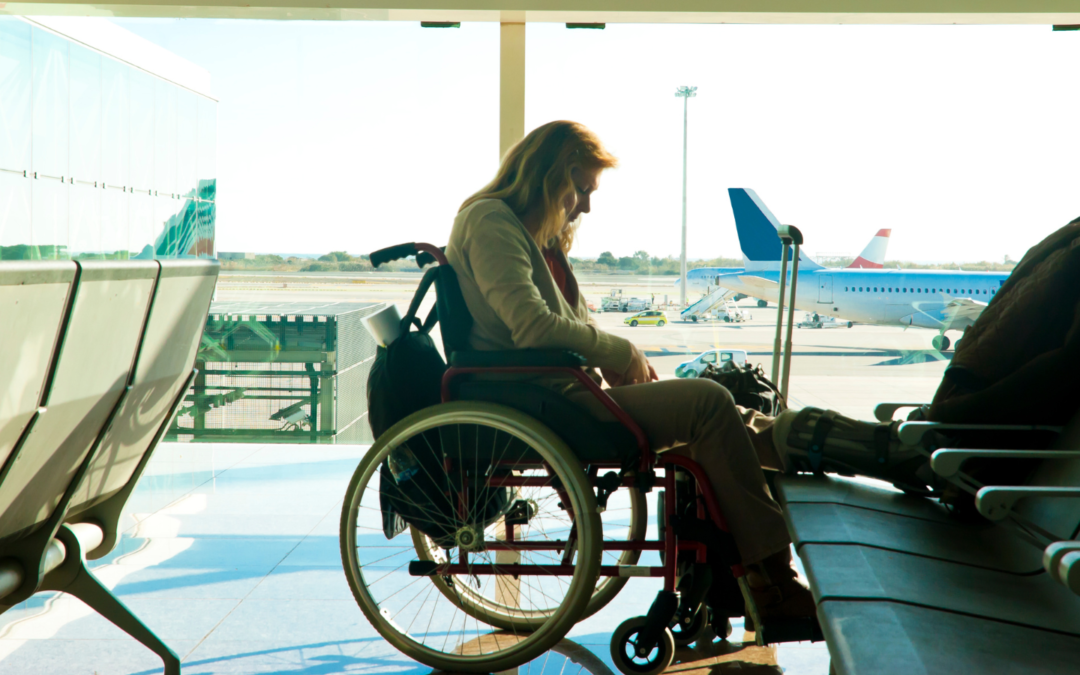With global tourism bouncing back, the U.S. Department of Transportation (DOT) has issued the first-ever Airline Passengers with Disabilities Bill of Rights to help protect airline passengers as well as make air travel more accessible for disabled travellers.
“Today’s announcements are the latest steps toward ensuring an air travel system that works for everyone,” Transportation Secretary Pete Buttigieg said in a press release. “Whether you’re a parent expecting to sit together with your young children on a flight, a traveler with a disability navigating air travel, or a consumer traveling by air for the first time in a while, you deserve safe, accessible, affordable, and reliable airline service.”
If you can't travel, your world shrinks. That's why we’re proud to issue the first-ever Bill of Rights for Airline Passengers with Disabilities, making clear their rights and the responsibilities of airlines to uphold them. pic.twitter.com/Pn4QENrXUo
— TransportationGov (@USDOT) July 8, 2022
The living document, which applies to all flights to, from and within the U.S., offers a summary of existing law under the Air Carrier Access Act (ACAA). Developed with input from several stakeholders, including disability rights advocates, national disability organizations, and airline carriers, the ACAA describes the fundamental rights of air travellers with disabilities and makes it illegal to discriminate against passengers because of their disabilities. It is designed to “empower air travelers with disabilities to understand and assert their rights, and help ensure that U.S. and foreign air carriers and their contractors uphold those rights”.
There are 10 rights in the Airline Passengers with Disabilities Bill of Rights, which are:
- The right to be treated with dignity and respect.
- The right to receive information about services and aircraft capabilities and limitations.
- The right to receive information in an accessible format.
- The right to accessible airport facilities.
- The right to assistance at airports.
- The right to assistance on the aircraft.
- The right to travel with an assistive device or service animal.
- The right to receive seating accommodations.
- The right to accessible aircraft features.
- The right to resolution of a disability-related issue.
For more information on each one, visit https://www.transportation.gov/airconsumer/disabilitybillofrights.

How sad that this bill of rights does not include the right to an accessible bathroom on all flights to, from and within the United States of America and of course the right to fly in one’s own accessible wheelchair. You can do it on trains and buses, why not on airplanes? The technology exists.